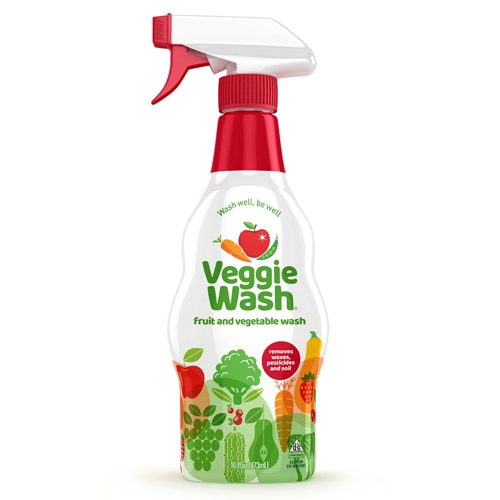Like the fruit and vegetables they sell, the popularity of the farmers' market shopping experience is growing.
In 1994, fewer than 1,800 farmers markets operated in the U.S., according to the federal Agricultural Marketing Service. Today, more than 8,500 farmers' markets are scattered around the country, the Farmers Market Coalition says.
“Farmers' markets play an extremely important role for both farmers and consumers. They bring urban and rural communities together while creating economic growth and increasing access to fresh, healthy food,” says Anne Alonzo, head of the Agricultural Marketing Service.
So, if you’re a farmers'-market regular or newbie who favors fresh, healthy foods, we offer these nine shopping tips to help you reap the most benefits from your trip to the local farmers' market.
1. Look before you buy.
Stroll around the farmers' market to get a sense of what’s available. As the seasons change, so do the selections.
“Don’t let your intended dinner recipe hijack your shopping experience,” says Amy Bodiker Baskes, who runs the Veggie SNAPS incentive program for farmers markets in the Columbus, Ohio, area. “Rather, draw inspiration from the sights, smells and tastes. Let the ingredients drive your menu rather than the other way around.”
2. Make a list.
To ensure you’re sticking to your budget, create a shopping list so that you resist the urge to splurge, health and nutrition coach Marina Yanay-Triner says.
3. Bring cash.
More and more markets and vendors are accepting debit and credit cards, Baskes says, but more often than not, they want to be paid with small-denomination bills.
“In this increasingly digital world, farmers' markets are still a place where cash is king,” Baskes says.
4. Bring your own bags.
Some farmers' markets offer only flimsy plastic bags, if they offer them at all, Baskes says. So she and others recommend bringing your own reusable bags. Ken Immer, president and chief culinary officer of Culinary Health Solutions, says this benefits the environment by reducing reliance on plastic. It also helps vendors save money by allowing them to purchase fewer bags, he says.
5. Go early or go late.
Showing up when a market first opens for the day or when it’s about to shut down enables you to purchase the cream of the crop (early) and to possibly score a deal (late).
If you arrive early, you’re more likely to snatch up coveted items like backyard eggs from the family hen or first-of-the-season asparagus, Baskes says. If you arrive late, you might find some vendors slashing their prices by as much as 50 percent to reduce their inventory, Yanay-Triner says.
6. Buy in bulk.
Many farmers offer discounts if you buy fruit and vegetables in bulk, Yanay-Triner says, so be sure to inquire.
7. Mingle with other shoppers.
Immer says it’s much more likely that you’ll strike up a conversation at a farmers' market than at a grocery store. Take advantage of the built-in camaraderie to learn something new and even develop friendships.
8. Be inquisitive.
Chiropractic physician Dr. Scott Schreiber, a certified nutrition specialist and a licensed dietitian/nutritionist, recommends quizzing the vendors about things like farming practices, GMOs and organic foods. Or you might pick the brains of the vendors to get recipes and cooking ideas, Immer says.
“This is not meant to be an anonymous, isolating shopping experience. Farmers' markets are all about community,” Baskes says.
9. Make connections.
Yanay-Triner says that if you truly get to know the vendors, you might be blessed with regular discounts — but you’ll definitely enjoy a more rewarding experience.
“Chat with your farmers, and truly connect with the ones you click with. Tell them about yourself and your unique background, and why it is important for you to get fresh produce,” she says.




